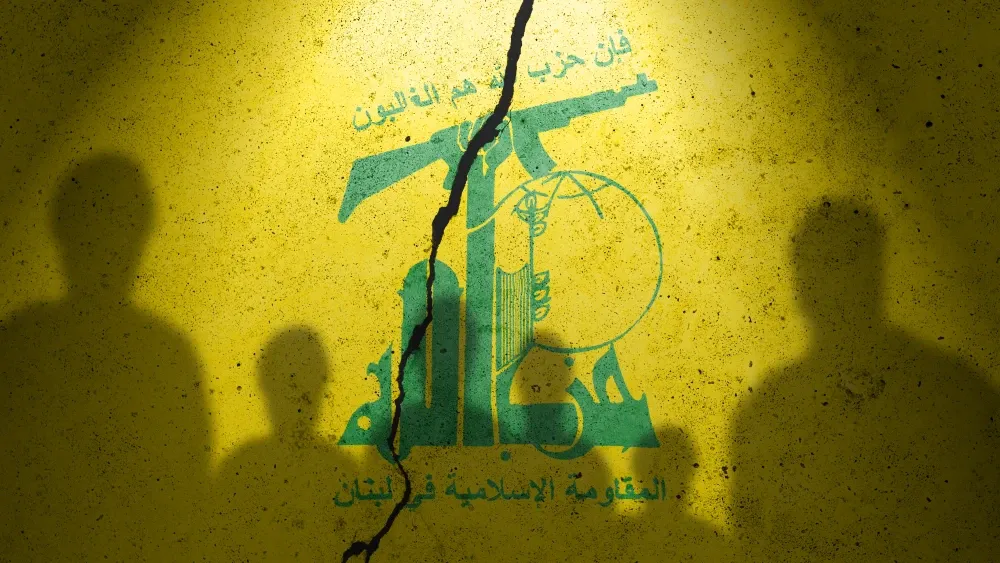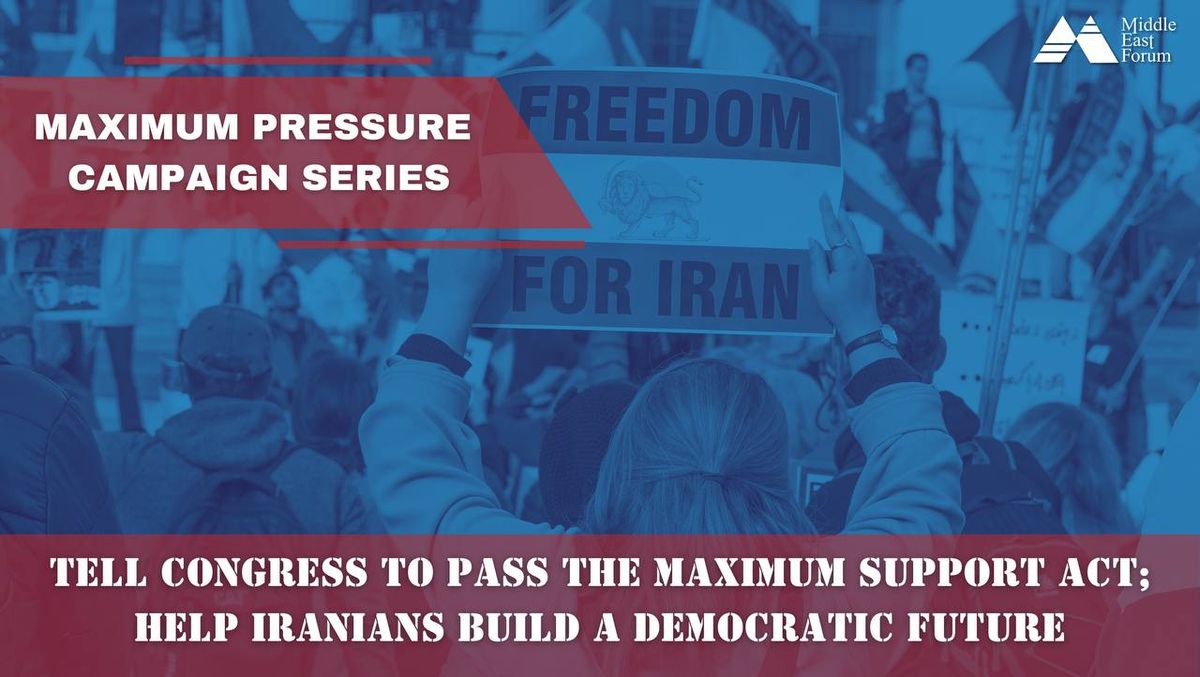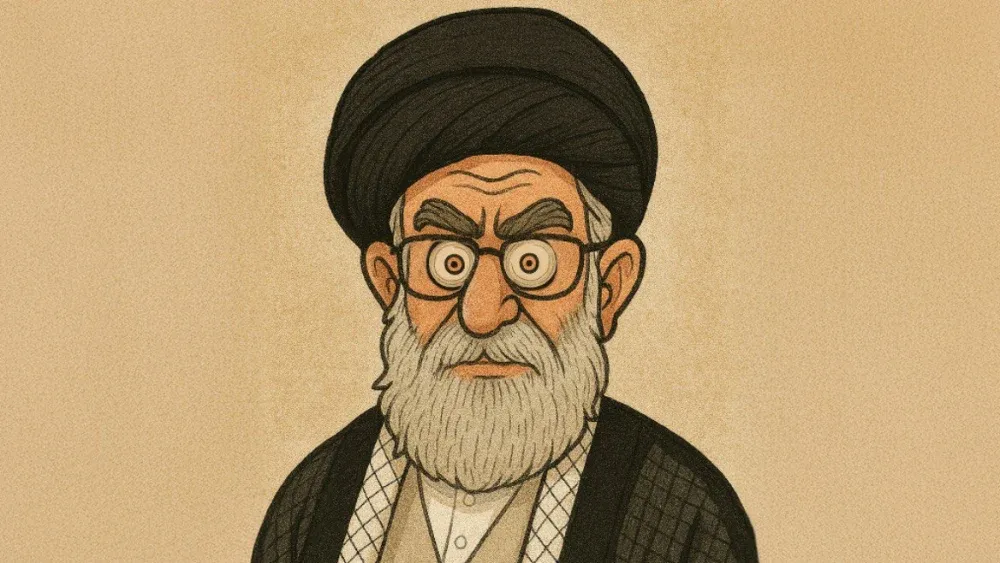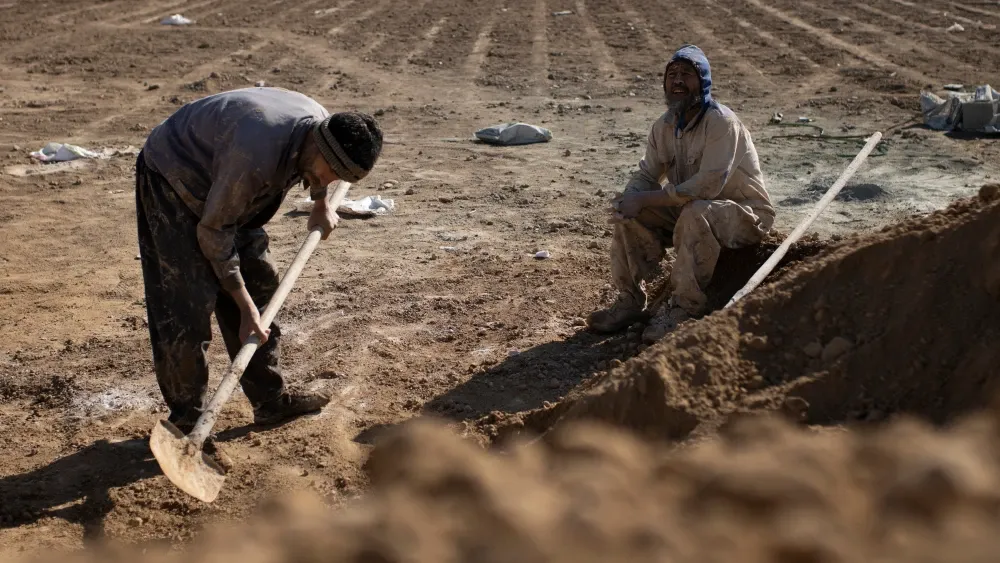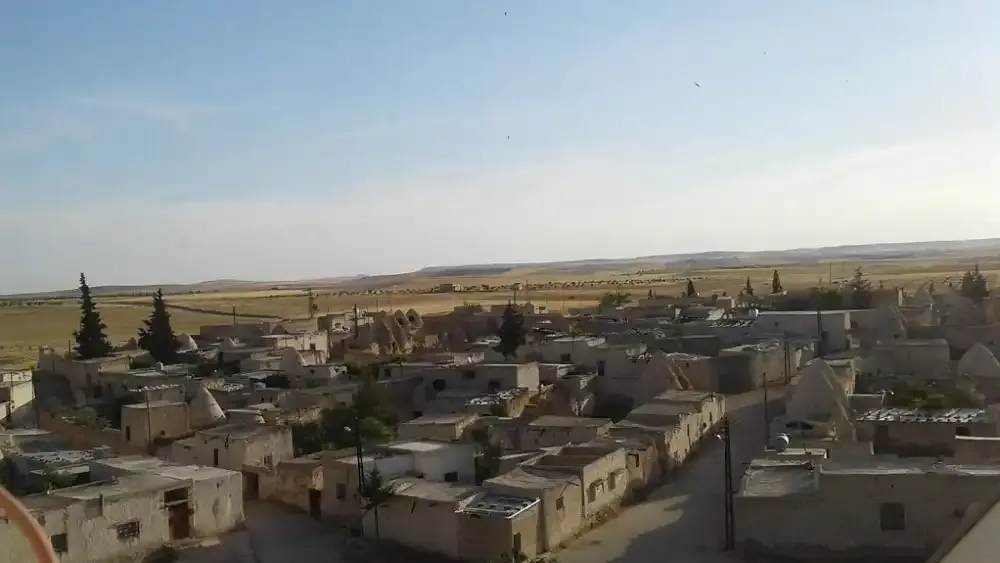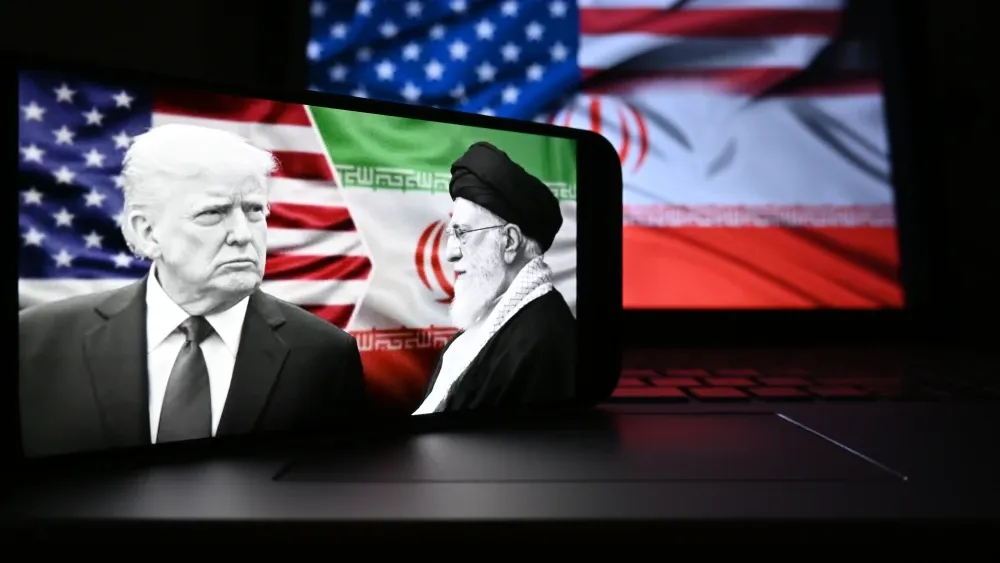| ||
 | ||
| Dealing with Iran's Proxies; Iran's 'Crazy State'; CAIR Supports Iran By Winfield Myers ● Jul 03, 2025 Smart Brevity® count: 7 mins...1850 words Eric Navarro warns that destroying Iran’s nuclear sites without destroying its proxies is like “taking an RPG [rocket-propelled grenade] from an enemy’s hands but leaving him with an AK-47.” To solidify the new balance of power in the region, the U.S. and Israel must “break the proxies.” A.J. Caschetta draws on the work of an Israeli political scientist to label Iran a “crazy state” that must be dealt with accordingly. Crazy states can’t be trusted in negotiations, nor do their desires mirror ours. Dexter Van Zile writes that the Council on American-Islamic Relations (CAIR) is having a “tough time” dealing with the Trump administration’s decision to help Israel attack Iran. CAIR’s answer: call the U.S. a puppet of Israeli Prime Minister Benjamin Netanyahu. How clever and original! We also feature the work of Aymenn Jawad Al-Tamimi and Davood Moradian. | ||
ICYMI: July 2, 2025 | Israel Insider with Ashley PerryIs a grand plan for the end of the war against Hamas, the release of remaining hostages, and normalization with Saudi Arabia finally going to happen? Ashley Perry is an advisor to the Middle East Forum’s Israel office. He served as adviser to Israel's minister of foreign affairs and deputy prime minister in 2009-15, and has also worked with Israel's Ministers of Intelligence, Agriculture and Rural Development, Energy, Water and Infrastructure, Defense, Tourism, Internal Security, and Immigrant Absorption and as an advisor to The Negev Forum. Originally from the U.K., he moved to Israel in 2001. He holds a B.A. from University College London and an M.A. from Reichman University (IDC Herzliya). To watch the full podcast, click here. | ||
Attack Iran’s Shadow World and Dismantle Its ProxiesThe recent twelve-day Israeli-American air campaign has left Iran's military infrastructure in disarray, dismantling bunkers and command nodes. Why it matters: This operation has not only degraded Iran's nuclear program but also exposed the regime's vulnerability to modern warfare.
What's next: Intelligence services should dismantle proxy networks piece by piece.
The bottom line: The allied victory in the air campaign shattered illusions. It exposed Tehran. Now comes the final phase: forcing submission. Drive the cost of aggression so high that even Iran’s ideologues feel it. Strip the network bare. Break the proxies.
To read the rest of the article, click here. | ||
Help the Iranian People Resist Iran's RegimeJoin the next phase of the Middle East Forum’s Maximum Pressure Campaign Series by asking Congress to pass the Maximum Support Act. Americans must rally behind the Iranian people after the 12-Day War, where U.S. and Israeli forces dismantled Iran’s nuclear program. Now, we must help Iranians forge a democratic future, free from their oppressive regime. Fill out the form to send emails to your House member and senators urging them to sponsor and pass H.R. 2614 - the Maximum Support Act. The Maximum Support Act is a bipartisan bill that empowers Iranians by ensuring internet freedom with Virtual Private Networks, satellite-to-cell tech, digital eSIMs, and anti-surveillance tools to bypass regime censorship. It also establishes a strikers’ fund, using seized regime assets to support workers striking against oppression, and provides humanitarian aid and medical supplies to protesters. This legislation strengthens Iran’s grassroots movement for democracy while countering the regime’s global repression. You can help make this happen! Urge Congress to pass the Maximum Support Act by filling out the form and clicking submit to send emails to your Congress members. Act now to support a free, democratic Iran and amplify the voices of its people! To tell Congress to pass the Maximum Support Act, click here. | ||
Stimulating Revolt in the Iranian Crazy StateDebate around the Iran-Israel Twelve-Day War often skirts a stark reality: Iran's regime is hell-bent on annihilating Israel and the U.S. Why it matters: As long as Iran's current regime holds sway, both Israel and the U.S. remain in its crosshairs.
What's next: Today, the Islamic Republic of Iran is that crazy state. Rational states must confront Iran's duplicity head-on.
The bottom line: President Trump should give in to his instincts and ridicule Supreme Leader Ali Khamenei as only he can by giving Khamenei a nickname.
To read the full article, click here. | ||
Announcing MEF’s Junior Fellowship ProgramThe Middle East Forum is calling for applications to its Junior Fellowship program, open to emerging scholars, journalists, and analysts. This program provides a unique platform for participants to enhance their skills, share innovative ideas, and build networks among experts focused on the Middle East and Islamism.
Program details: The fellowship runs from September through June.
To apply: The deadline is July 15, with the program starting on September 1.
For more information, click here. | ||
Iran Scapegoats Afghan Refugees After Israel ConflictThe ceasefire between Iran and Israel has led to severe repercussions for Afghan refugees in Iran, highlighting the precarious situation they face. Why it matters: According to United Nations reports, approximately eight million Afghans, nearly a quarter of the population, have fled the country since 2021, with estimates suggesting that between three-to-five million have sought refuge in Iran in recent years.
What's next: Key sectors, including agriculture, construction, mining, and services, depend on Afghan labor and entrepreneurial spirit.
The bottom line: Afghan refugees, among the most vulnerable in Iran, may bear the brunt of renewed conflict or diplomatic shifts. To read the full article, click here. | ||
The Twelver Shi’a of Homs: InterviewIn an interview with Aymenn Jawad Al-Tamimi, a Middle East Forum writing fellow, a resident from the Syrian village of Tel Aghar in Homs province shares the Twelver Shi'a community's struggles.
Key insights: Home confiscations have occurred due to alleged ties with Hezbollah and the Assad regime.
Living conditions: Residents grapple with dire services, with electricity barely meeting needs.
Trust issues: Residents do not trust the new government, citing unfulfilled promises and no visible changes.
To read the entire interview, click here. | ||
CAIR Supports Iran Over Peace in Middle EastThe Council on American-Islamic Relations (CAIR) faces backlash for its doubling down on conspiracy theories in its response to the Trump administration's support for Israel's decisive strike on Iran. Why it matters: CAIR's rhetoric paints a false narrative, depicting the U.S. as Israel's puppet while ignoring Iran's egregious threats.
CAIR's duplicity: Initially lauding Trump's diplomatic efforts, CAIR now blames Israel for the U.S.'s defensive actions, a narrative steeped in denial.
The reality: CAIR contradicts international reports on Iran's nuclear ambitions, choosing incitement over truth.
The bottom line: CAIR must unequivocally condemn Iran's fatwa against Trump to regain credibility. Until then, their agenda remains suspect, prioritizing discord over American well-being. To read the full article, click here. | ||
Further Reading: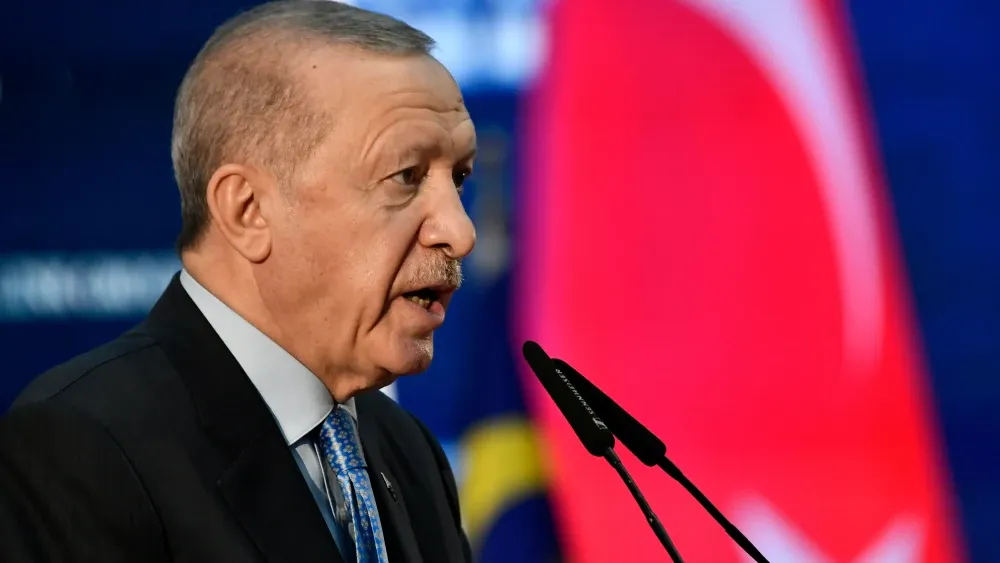
| ||
| Thank you for reading the Dispatch and for counting on the Middle East Forum to bring you continuing updates and analyses. Please share this with a friend and let us know what you think of our ongoing coverage. Thank you, Winfield Myers | ||
| Was this edition useful? Your email will be recorded and shared with the sender | ||
| Powered by | ||
| ||


